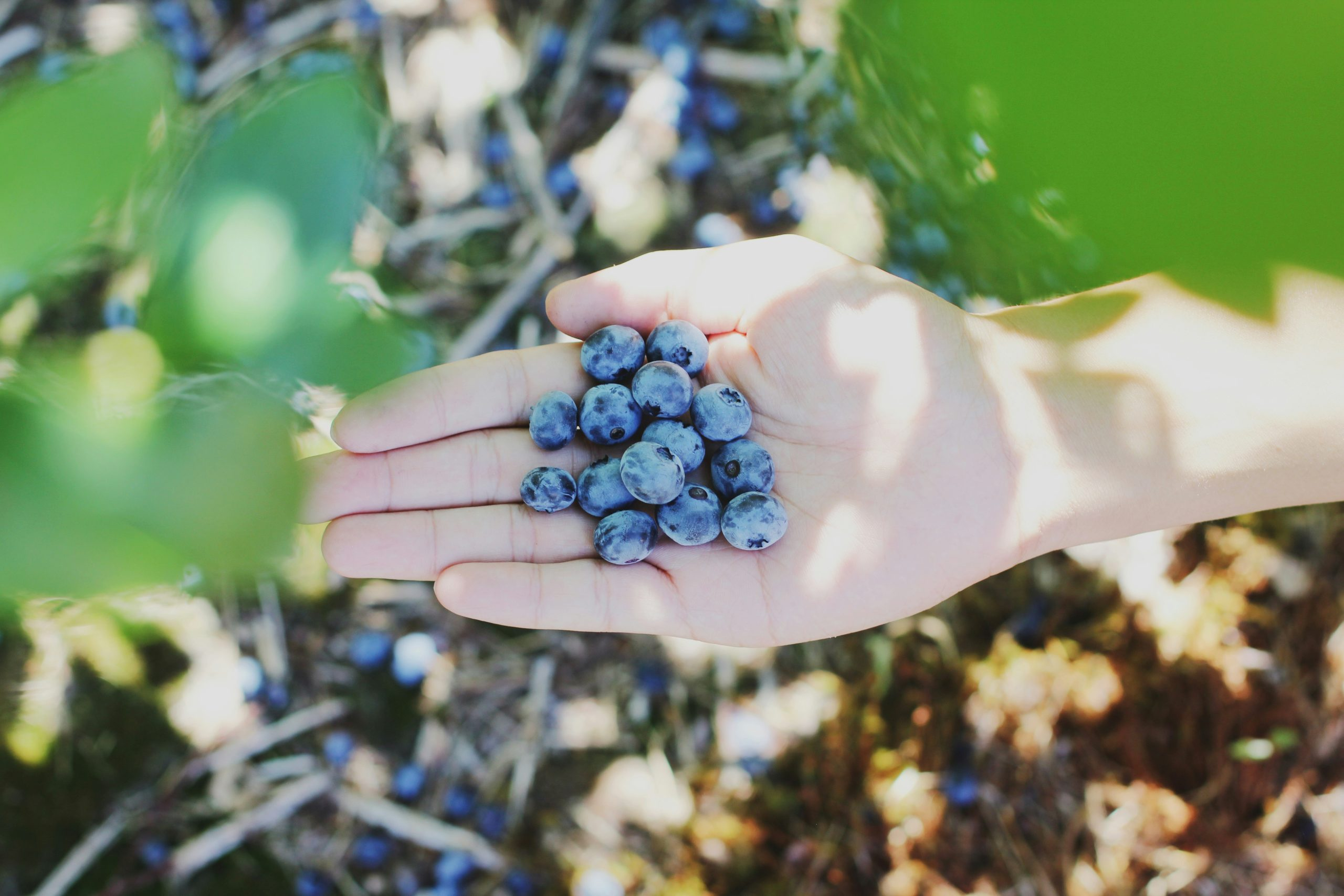Community Gardens: Growing Food and Friendships
Community gardens are a growing trend that not only provide individuals with access to fresh, locally-grown produce, but also foster relationships within the community. These gardens, often found in urban areas, are plots of land that are collectively maintained by volunteers from the community. In addition to growing food, these gardens also serve as a space for individuals to come together, share knowledge, and form friendships based on a shared interest in gardening. Let’s dive deeper into the benefits of community gardens and how they are bringing people together.
The Benefits of Community Gardens
Community gardens offer a wide range of benefits, not just for those who participate in maintaining the gardens, but for the entire community. Let’s take a look at some of the ways community gardens are making a positive impact.
Access to Fresh Produce
In densely populated urban areas, access to fresh produce can be limited, especially for those living in food deserts. Community gardens provide a solution to this issue by offering a space for residents to grow their own fruits and vegetables. This not only provides individuals with access to fresh, nutritious food, but also reduces the need to rely on processed and packaged foods.
Promoting Sustainable Living
Community gardens also have a positive impact on the environment. By growing fruits and vegetables locally, less transportation is needed to bring produce from farm to table, reducing the carbon footprint. In addition, these gardens often utilize organic gardening techniques, eliminating the use of harmful pesticides and chemicals in the growing process.
Educational Opportunities
Community gardens are not just about growing food, but also about sharing knowledge and skills. Volunteers of all ages and backgrounds can come together to learn from one another, whether it’s about gardening techniques, composting, or cooking with fresh produce. This creates a space for individuals to develop new skills, as well as pass down traditional methods.
The Social Benefits of Community Gardens
Beyond the physical and environmental benefits, community gardens also have a significant impact on social connections within the community. These gardens bring people together, making our neighborhoods feel like a true community where individuals feel a sense of belonging and connection to one another.
Building Community Relationships
In a time where many people feel disconnected and isolated from their neighbors, community gardens offer a space for individuals to come together and work towards a common goal. This promotes a sense of community and creates opportunities for people to get to know one another, regardless of age, ethnicity, or social status.
Mentorship and Intergenerational Bonds
Community gardens also have the power to bridge the generational gap. Younger volunteers can learn from older generations who bring a wealth of knowledge and experience to the table. At the same time, older volunteers can also learn from the fresh perspectives and ideas of younger individuals. This creates a space for mentorship and the formation of intergenerational bonds.
Cultivating Diversity and Inclusivity
Community gardens are open to all individuals, regardless of their background or economic status. This creates a space for diversity and inclusivity, where people from different cultures and walks of life can come together and share their experiences and traditions. This promotes understanding and acceptance within the community.
Get Involved in Your Local Community Garden
Interested in joining a community garden near you? There are many ways to get involved, whether it’s by becoming a volunteer, donating supplies, or simply spreading the word about the benefits of these gardens. Contact your local community garden to see how you can make a difference in your community.
Community gardens are so much more than just a plot of land to grow food. They have the power to bring individuals together, promote sustainability, and create a strong sense of community. So why not join a community garden and grow some food and friendships today?










